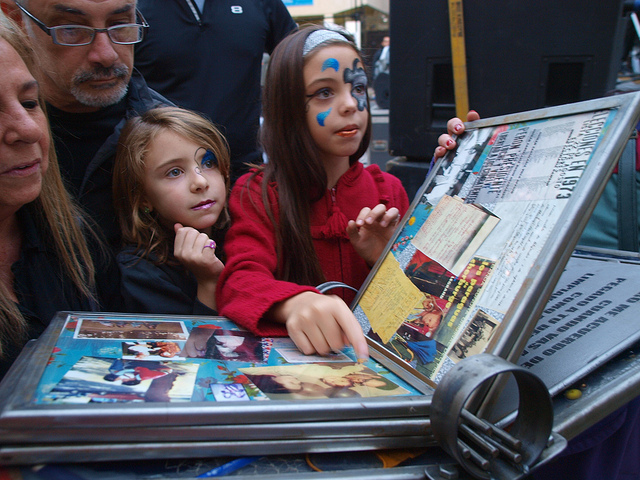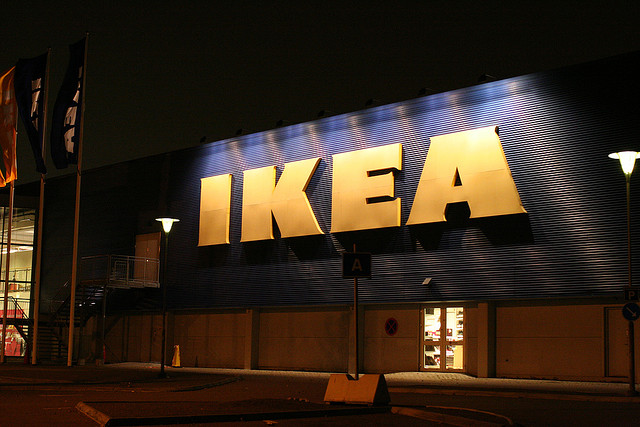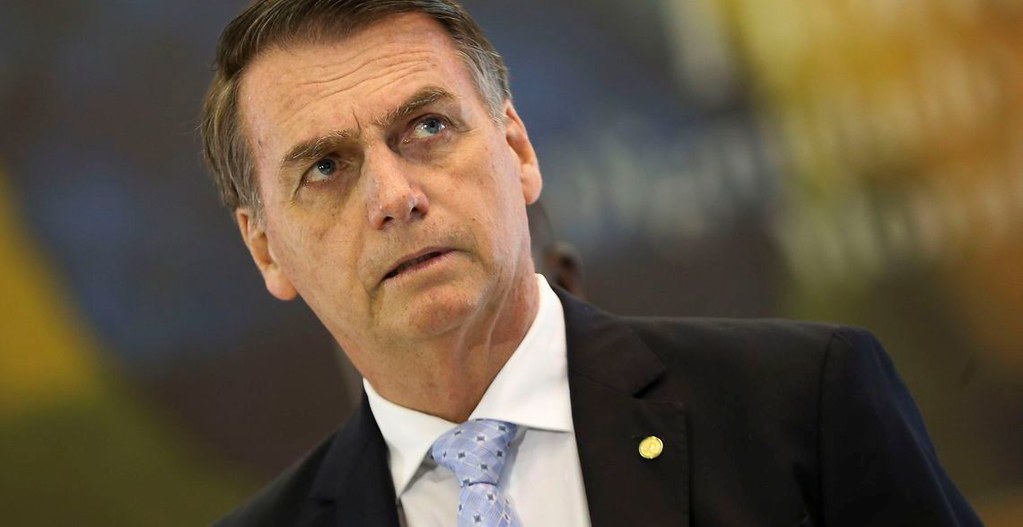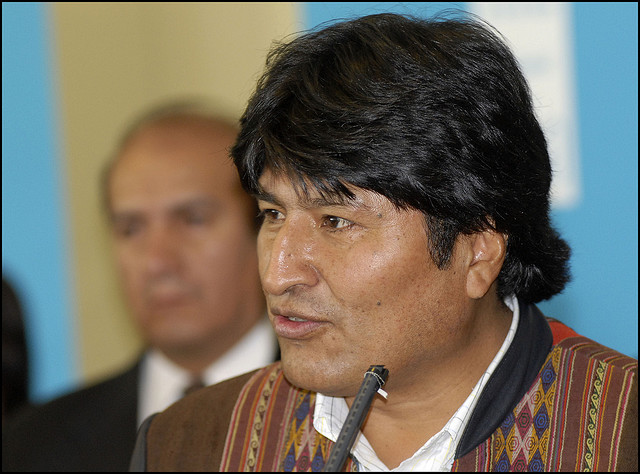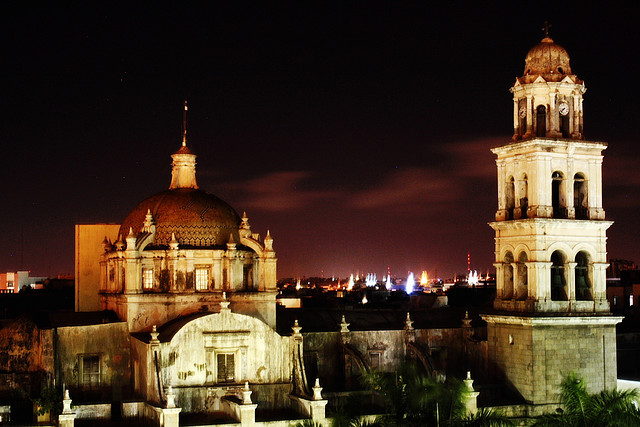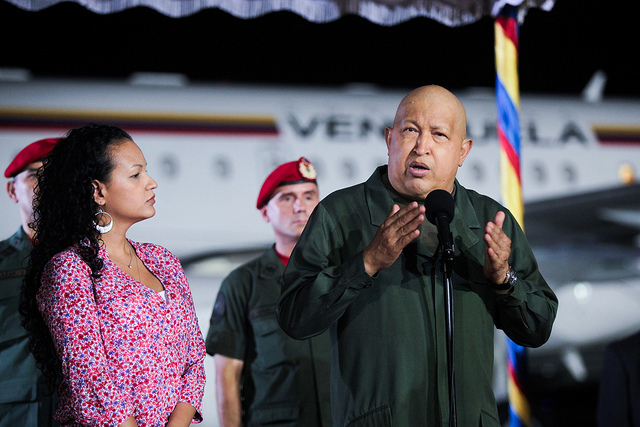
Latin America: Week in Review, Venezuela
Venezuela Prison Standoff Ends After Hostages Released
October 26, 2011 By Staff
Today in Latin America
Top Story — Inmates who had held hostage more than 50 guards and other prison workers in the Tocuyito lockup have released the final 12 hostages, ending a long standoff in which prisoners were demanding transfers. The prisoners released the hostages after authorities vowed to transfer hundreds of prisoners to another facility, according to Penitentiary Minister Iris Varela. The standoff ended when officials agreed to return 400 prisoners to El Rodeo, where many of the rebellious prisoners had been held before their transfer earlier this year to the Tocuyito facility. The hostage situation sparked debate over Venezuela’s prisons, which are overcrowded and guns and drugs are commonplace. President Hugo Chávez has recognized the problem in within the prison and Varela has vowed to come up with solutions. Varela said government authorities were launching an investigation into allegations that prison guards at Tocuyito took bribes and allowed inmates to obtain firearms and grenades.
Headlines from the Western Hemisphere
North America
- A U.S. federal judge ordered the release of a document that could explain why the U.S. government ended up mandating a program for identifying deportable immigrants after they’ve been detained.
- According to U.S. and Mexican officials, U.S. authorities have established a wide network of informants within Mexico’s drug cartels.
- Mexican authorities set up emergency shelters and cruise ships shifted course Tuesday as Hurricane Rita made its way toward the resort town of Cancún.
- The Mexican army arrested ten people and confiscated 10 cars or SUVs that were being bulletproofed in an auto shop allegedly used by drug gangs.
Caribbean
- The U.N. General Assembly called upon the United States to end its trade embargo against Cuba for the 20th consecutive year in a non-binding resolution that received the support of all but five members.
- The New York Times reports on Haitian President Michel Martelly’s pledge to revive his country’s military.
- Jamaica’s new prime minister, Andrew Holness, made only minor changes when he appointed his government on Tuesday.
- Human rights watchdog Amnesty International said Tuesday that the Dominican Republic’s national police force was responsible for killing and torturing with impunity.
Central America
- A Guatemalan court sentenced two women to lengthy prison sentences for trafficking a stolen baby who was given up for adoption to a U.S. family.
- El Salvador’s President Mauricio Funes said Tuesday that last week’s damaging rains caused the worst disaster in the history of the nation.
- Nicaragua’s representative to the United Nations condemned Tuesday the United States’ 50-year old blockade of Cuba.
- An anti-drug officer in Costa Rica won the title of “Best Police Officer in the World” by the International Association of Chiefs of Police.
Andes
- The World Bank offered Peru a $3 billion line of credit to help back President Ollanta Humala’s anti-poverty initiatives and sustained growth.
- Canada’s Pacific Rubiales oil company said it would suspend operations at its Campo Rubiales oil fields if the Colombian government did not improve protection from illegal armed groups and violent protests.
- Ecuadoran President Rafael Correa sent a package of reforms to the country’s National Assembly that if approved would bump tax collections by $400 million to $450 million next year.
- Uturuncu, a nearly 20,000 foot volcano located in southwestern Bolivia, is rapidly expanding at a rate of one to two centimeters a year.
Southern Cone
- Brazil’s Supreme Court announced Tuesday that it would formally investigate Brazilian Sports Minister Orlando Silva on charges of corruption.
- An upsurge in activity by the Paraguayan guerrilla group EPP (Ejercito del Pueblo Paraguayo), as well as a large-scale protest against homelessness, will likely cause Paraguay to lead to greater security crackdown and possibly involve military assistance from Brazil.
- After visits to Chile and Paraguay, the UN Deputy High Commissioner for Human Rights, Kyung-wha Kang, visited Uruguay on Monday.
- Foreign direct investment in Brazil reached its highest recorded levels ever in the first nine months of 2011, according to the Brazilian Central Bank.
Image: Chavezcandanga @ Flickr.
